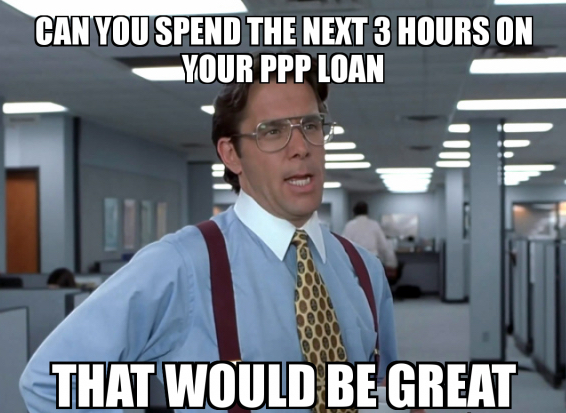As tech companies descended on Capitol Hill this week, the ongoing debate around antitrust continues. Startups have long lamented about the anticompetitive business practices adopted by the big 4: Apple, Amazon, Facebook and Google. If you build a business that relies on the Apple or Google app stores then you automatically know you’re going to pay a ~30% toll to access consumers. The debate has further been heightened as some startups like Classpass have been hit with this toll as they roll out virtual classes due to COVID. The founders argue that they are forgoing their normal take rate from providers (gym’s, etc) they work with during COVID so why is Apple charging them 30%. Apple is in an interesting situation, because if they make exceptions for one business, they need to make for others. They also would face potential legal battles from previous customers that did have to pay.
Month: July 2020

A recent report claims $TWTR is considering a subscription model to augment a significant decline in advertising revenue. This would be among the first of the big social media companies to consider this approach and I believe could lead to a reckoning in the industry. $FB is currently facing a backlash among advertisers who claim the social media company isn’t doing enough to control controversial rhetoric on its platform and will inevitably see a decline in advertising revenue. A few years ago, the idea of paying to access online “news” content wasn’t a thing. Publishers were primarily in the business of selling ads in offline media and as they built their online presence they carried this business model over. As consumers got irritated with intrusive ads, it became clear they had to change their offering. Newspapers such as the NYTimes piloted new paywall programs to test consumers’ appetite for subscription based products. The result was mostly favorable, and as a result, many publishers today have pivoted their business models to favor subscription over advertising revenue especially as it becomes increasingly difficult to get ad dollars from brands in a world in which the big tech companies ($GOOG, $FB, etc) dwarf smaller publishers in traffic.
It’s been interesting to watch Q2 play out in VC land – especially given the disconnect between Wall Street and Main Street throughout the Covid pandemic. While initially a cataclysmic drop-off in funding was expected, the industry overall was not as affected as originally thought. Similar to the public markets, many investors continued to see a buying opportunity and had re-allocated their portfolios to support their likely winners. A key takeaway – early stage funding continues to face some challenges while late stage appears to have fared better. Many early stage B2C companies, however, are struggling.

I’ve been reading a lot of commentary recently on tech companies that took PPP loans during Covid. Was this right? What’s definitely not right is our government bailing out bloated corporations during the pandemic. If you believe in capitalism then we should let the free markets take their path and prune the weak. One would argue that this infusion of cash saved jobs. Not sure how true that ultimately will become in October when the stipulations attached to the loans disappear. I bet we’ll see more layoffs, lots of them. US airlines have already made announcements for layoffs as soon as they are legally able. So basically taxpayers have funded a short term experiment on borrowed time that was setup for failure from the beginning. Harvard economists agree, the program has had little impact on employment at small businesses to date.

I’ve always had a strong viewpoint that digitally native vertical brands are a dime a dozen and those who will have successful exits are the ones who are vertically integrated, own manufacturing, strong defensible positions and/or are durable/consumable businesses built on recurring revenue and more enticing LTV metrics. With the recent news on Lululemon acquiring Mirror for $500 million it proves there is still an appetite for strategic buyers to pay premiums for DTC startups. In this case, I estimate LULU paid 5x-6X revenue which is a phenomenal outcome for the founders and investors. LULU was already a minority investor in the company which gave them intel into the business that other competitors likely didn’t get. Why corporate VC gets a bad rap sometimes, a good strategic investor can bring a lot of value.
